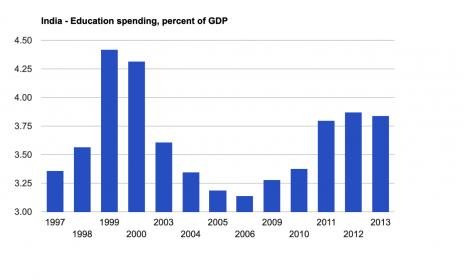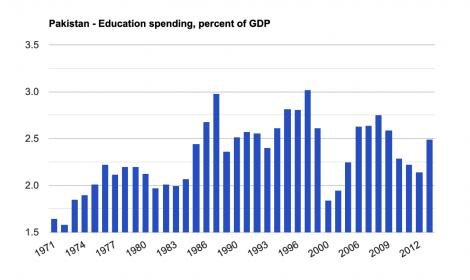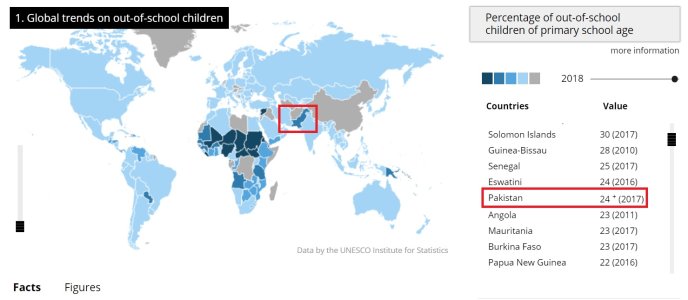Sorry but it seems like you are saying things for the sake of responding or having the last word - maybe you did not intend it that way.
#1 - Being successful as an employee is not a negative thing by itself. No need to use the word "sheepish". Majority percentage of Pakistanis in this very forum will be employees themselves.
#2 - Claiming ALL Pakistanis are in a certain way is generalization to suit your point. We know that massive level generalization involving 100s of millions of people is not accurate.
#3 - Going by your own point - look at the number of Indian origin founders of companies (people who started the businesses and hence not "sheep" by your definition. You do not have the equivalent population adjusted Pakistani origin FOUNDERS of companies. Ask yourself why that is so? Do you think being a CEO of Google/Microsoft/IBM/Mastercard/Pepsi etc is being a "Sheep"? Do you think being partners in prominent venture capital or private equity firms that control many mid-market CEOs is being a "sheep"? Do you think running hedge funds taking active positions in boards of publicly listed firms is being a "sheep"? I think such terms may originate from historically inaccurate generalizations that some Pakistanis may have about themselves and about Indians (opinions without self awareness IMO).
#4 - Exporting labor is not an achievement of India but consistent showing of bright minds getting into top echelons of businesses bears some testament to their education system, does it not? Surely you can also see that trend? I'm talking about the investments they have made into their education system (which is not world class mind you) but still does prove itself to be multiple layers above Pakistan - their twin country of 1947. India's IITs/IIMs/NITs and whatever else have helped them create that educational infrastructure to have a semblance of competitive knowledge capital.
"but don't bring in Pakistan into it when we never really cared to do that." - You are failing to grasp the macroeconomic point here. Reality - You MUST care about that for the sake of your country's progress. It is proven today that countries without good knowledge capital in their biggest asset (people) will regress relative to those who have that. Saying not caring to do that is basically saying that you are happy to be intellectually backward compared to other countries. Why would you want that?
To your point about why are India's bright minds going to the US if IITs are so good - you are taking things into isolation. Of course the US and western countries overall are better to live than a place like India so as individuals people will want better opportunities for themselves and they will leave if given a chance. My point was about comparing+contrasting India's and Pakistan's knowledge capital (aka educational) systems alone.
Yawn here we go with the ceos again. Indias IITs dont mean jack if its still a third world country with the highest level of poverty. In terms of poverty rate Pakistan is still better than India. Out of 1.2 billion people only a few thousand go to IIT on the government's dime and then leave for western countries while millions sleep hungry at night, if I was an Indian I would be outraged by this.
Pakistan and India were not equals lol! Pakistan barely had any infrastructure or industry when it was founded unlike India. India had every advantage over Pakistan at the time of partition yet it still lacked behind Pakistan until the 90s early 00s.
India had been relatively stable over the last 30 years while Pakistan has been involved in the war against the soviets, putting down the taliban and a proxy war with India who is 6x its size. If you look at it from a neutral perspective then it has already pushed above its weight.
If you are concerned about Pakistan's knowledge capital then please educate yourself start by reading this article written by a german paper about Pakistan being the next big market for tech start up https://www.dw.com/en/pakistan-the-next-big-asian-market-for-tech-startups/a-52183841












